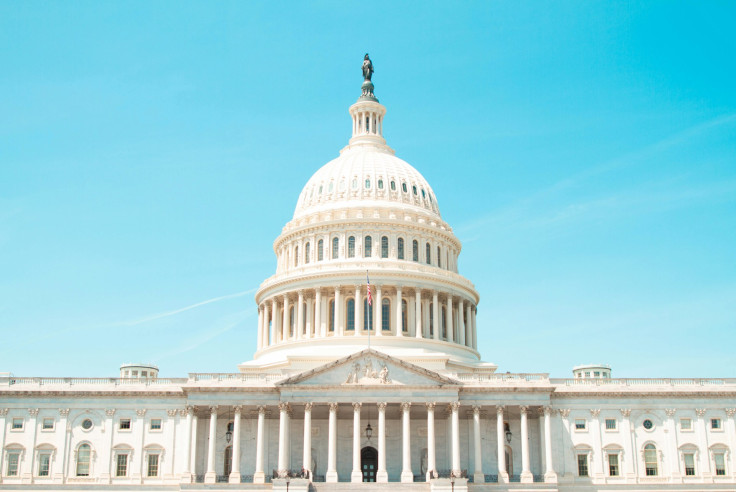Record US Shutdown Ends, Leaving 40,000 UK Firms to Navigate Political Aftershocks
End of US government shutdown brings relief but exposes operational chaos and political divisions affecting UK firms.

Washington has finally reopened after a record 41-day government shutdown, but its chaotic resolution has exposed deep political fractures that threaten the stability of UK companies engaged in transatlantic trade.
For the approximately 40,000 UK firms involved in US trade, the end of the shutdown does not mark a return to normal. Instead, it serves as a stark warning that the so-called 'special relationship' can no longer shield them from the operational chaos created by an increasingly unpredictable America.
From Gridlock to Backlog: Operational Delays Mount
The reopening has triggered a secondary crisis: a significant administrative backlog. The shutdown caused a standstill in vital government functions, and UK firms are now facing substantial delays in processing customs clearances, contract approvals, and permit applications.
These delays are already impacting the wider US economy, with business and consumer confidence taking a hit. A BBC report cited an analyst describing the situation as a 'critical inflection point'.
The financial repercussions are substantial. Analysts estimate that each week of government closure has cost the US economy around £11.2 billion ($15 billion). For UK businesses, this translates into operating in a more hesitant, uncertain market — complicating their ability to plan and invest.
The Political Shift: From Partner to Transactional Relationship
The shutdown was not an isolated incident but a symptom of broader political instability in Washington. For UK firms, this signals a fundamental shift in the nature of their most important trading relationship.
According to Steven Lynch of the British Chambers of Commerce, the US is now a 'transactional' partner. He warns that the goodwill underpinning the 'special relationship' is no longer a free ride that shields UK trade interests from American domestic politics. This evolving dynamic underscores the need for UK companies to develop more resilient and independent strategies to navigate shifting US policies.
The deal to end the shutdown underscores this volatility. The final Senate vote was not a display of unity; it was achieved only after a splinter group of eight Democrats broke ranks to end the stalemate — prompting what one report called a 'bitter backlash' within their own party.
These were not acts of good-faith bipartisanship but the result of political exhaustion, exposing a broken process that directly threatens the stability UK businesses need to operate effectively. In this climate, reliance on diplomatic gestures alone is insufficient; operational resilience has become paramount.
Beyond Symbolism: Building Operational Resilience
For UK firms, reliance on high-profile state visits and diplomatic gestures is becoming less relevant. While the recent State Visit garnered positive headlines, analyst Steven Lynch emphasised, 'symbolism doesn't shift tariffs.'
In this new reality, UK businesses must prioritise operational resilience over diplomatic goodwill. Lynch stresses that what matters now is 'tangible delivery' — ensuring supply chains can withstand sudden shocks and that business strategies account for political risks. This includes adopting proactive risk management practices and diversifying supply sources to mitigate potential disruptions.
Practical steps include creating backup plans for supply chains and viewing future US political disputes as a foreseeable business risk. Success in transatlantic trade is no longer about sentiment — it's about managing an increasingly unpredictable American market.
© Copyright IBTimes 2025. All rights reserved.





















